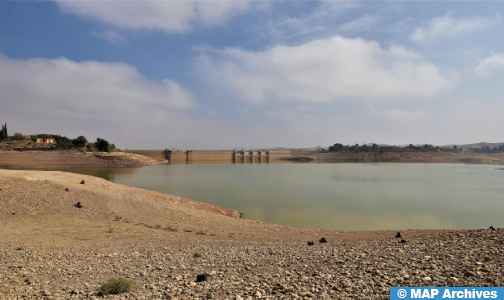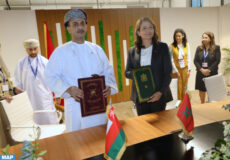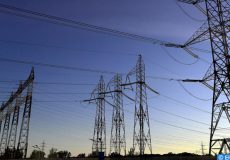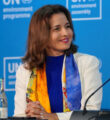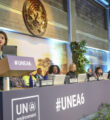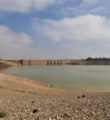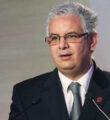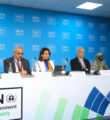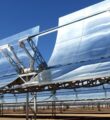Raft of Emergency Measures Being Taken to Deal with Water Shortage (Minister)
Rabat – Emergency measures have been taken to deal with the shortage of water in both urban and rural areas, to ensure supplies for the population and to irrigate land according to a program agreed with the Ministry of Agriculture, said Minister of Equipment and Water, Nizar Baraka.
In an interview with Thursday’s issue of the daily newspaper “Le Matin”, Baraka noted that projects to mobilize conventional and non-conventional water resources are proceeding at an accelerated pace, in line with the directives of His Majesty King Mohammed VI.
In this respect, he pointed out that solutions based on the diversification of conventional and non-conventional water resources have been adopted to deal with the alarming water situation facing Morocco at the start of the 2023-2024 hydrological year, “marked by the severe impact of climate change on the availability of water resources and its impact on dam storage levels”.
These include the increasing use of seawater desalination to supply water to coastal towns, allowing more water from dams to be allocated to inland and mountain areas to meet their drinking water needs and for irrigation of developed areas, as well as the reuse of treated wastewater for watering green spaces and golf courses, explained the Minister.
Inter-basin water transfers are also solutions for ensuring drinking water supplies for the population and for irrigation, said Baraka, adding that there are plans to install interconnection pipelines for hydraulic systems, to build and equip water boreholes, to install monobloc stations and to acquire tanker trucks.
Referring to the national Program for the supply of drinking water and irrigation 2020-2027 (PNAEPI 20-27), Baraka stressed that it had been prepared, pursuant to the High Royal Instructions, to accelerate investment in the water sector through the realization of structuring projects, notably by mobilizing conventional and non-conventional water resources in order to guarantee the development of the water sector and the country’s water supply in a sustainable manner.
The overall cost of the program, initially 115.4 billion dirhams, has been revised upwards to 143 billion dirhams, he said.



